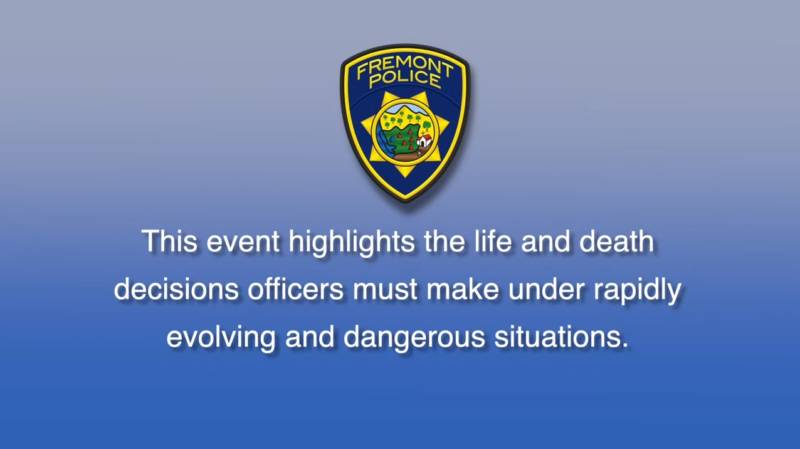Now, despite suggestions it was overburdened by reporters' requests, the Police Department has produced what it's calling a "transparency portal" that features videos on officer-involved shootings. The videos include clips from body camera and other video footage, slow-motion segments, photographs and department narratives interpreting the incidents.
The site launched Wednesday.
David Snyder, executive director of the pro-transparency First Amendment Coalition, said Wednesday that the department's site does not fulfill its obligations under the California Public Records Act, which requires timely release of government documents and other information. He likened the videos on the site to "Hollywood spin."
“It’s a little hard to believe that the technical difficulty of redacting 26 pages was so great that it has prevented them from releasing the records in a timely fashion,” Snyder said. “Especially as they’ve been spending time creating out of whole cloth other documents and a website.”
The city's new site includes information on 11 officer-involved shootings. The cases include seven incidents in which police fatally shot suspects.
In one of those cases, in April 2018, 18-year-old Nathaniel Prasad shot at a Fremont police officer before pointing a gun at several others, who opened fire and killed him.
An additional two cases involve people who fatally shot themselves. In one of those cases, Gerald Villabrille shot two Fremont police officers on June 1, 2016, before shooting himself in the head, according to the records published by the city on Wednesday.
Two of the cases released involved police shooting and wounding suspects. They include statements that could legally justify police use of deadly force, such as "Fearing for his life, [an officer] fired his weapon several times at the suspect."
Fremont officials did not immediately respond to questions Wednesday about the decision to publish summary information and edited videos before providing underlying records. The lack of response continues a pattern that goes back to Jan. 1.
Journalists with the California Reporting Project — a statewide coalition of 40 news organizations requesting serious police use-of-force and misconduct records unsealed in 2019 by SB 1421 — paid for copies of 26 pages of reports in early January.
But the city attorney wrote on Jan. 28 that “illness, injuries and vacation” had delayed Fremont’s response until mid-February.
Then on Feb. 19, Fremont echoed an argument by California Attorney General Xavier Becerra and said it needed further direction from the courts before releasing records created before 2019. The city again declined to provide the documents.
KQED was a co-plaintiff with the First Amendment Coalition and other news organizations in a lawsuit challenging Becerra's decision to withhold pre-2019 records. That case is ongoing.
After a Bay Area-based state appeals court ruled that law enforcement agencies should produce the records on March 29, Fremont officials again promised records by the end of April.
In early April, reporters with the California Reporting Project began asking the primary contact for public records requests, Fremont Deputy City Attorney Bronwen Lacey, why it had taken so long to redact 26 pages of reports.
Lacey said on April 24 that no redaction had begun on 1,700 pages of background written records, such as police incident reports, and that redaction of the 26 pages of incident summaries was still not complete.
On April 29, Fremont Police Capt. Fred Bobbitt left a voicemail for a reporter saying the city would again need to delay release until Wednesday, May 8. Bobbitt did not respond to requests for further clarification on exactly what the Police Department planned to release.
The Police Department also narrowed what records it would have to provide by destroying police disciplinary files from 1971 to 2016 in late 2018, before the law took effect.
Thomas Peele of the Bay Area News Group contributed to this report.
This story was produced as part of the California Reporting Project, a collaboration of 36 newsrooms across the state to obtain and report on police misconduct and serious use-of-force records unsealed in 2019.

